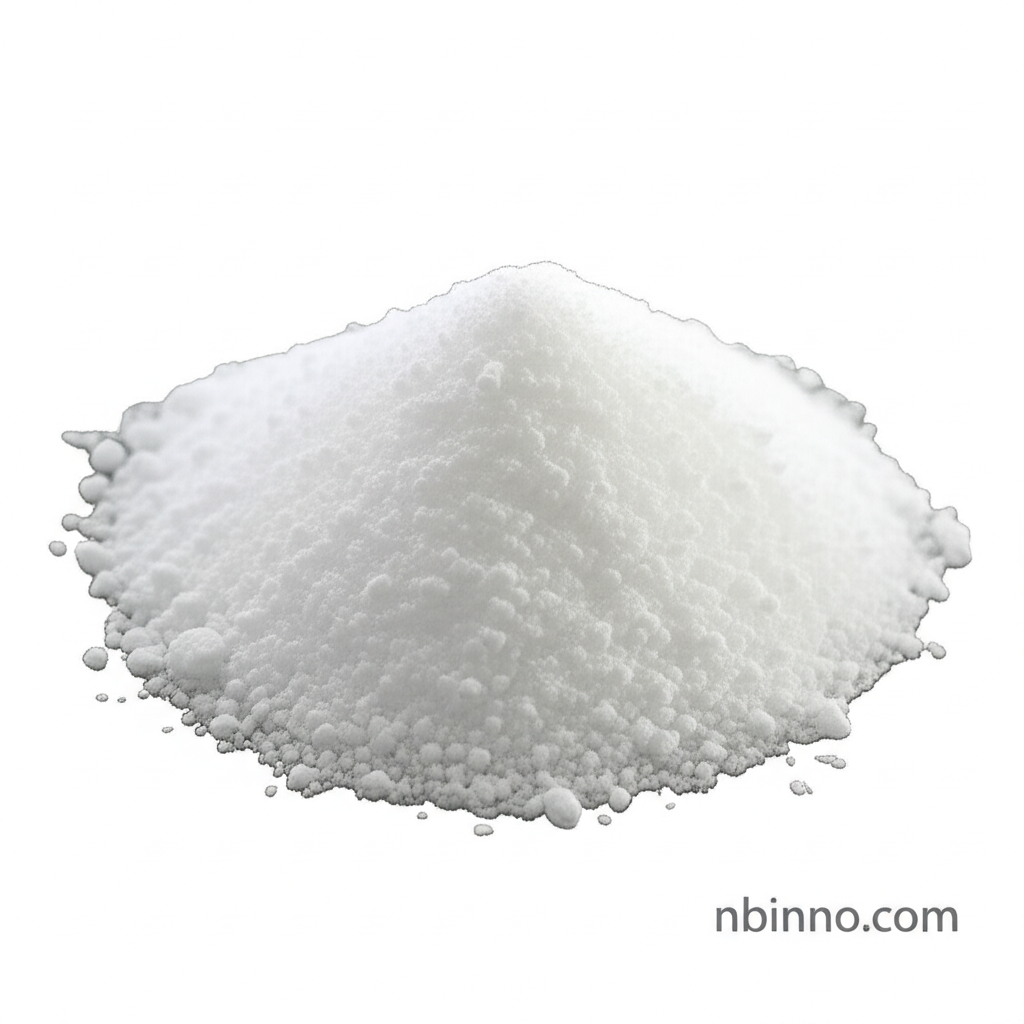p-Toluenesulfonic Acid Monohydrate: A Versatile Organic Catalyst
Discover the extensive applications of this powerful organic acid catalyst in synthesis and industry.
Get a Quote & SampleProduct Core Value

p-Toluenesulfonic Acid Monohydrate
p-Toluenesulfonic Acid Monohydrate (PTSA) is a white, crystalline solid known for its exceptional efficacy as an organic-soluble strong acid catalyst. Its high acidity and solubility in water, alcohols, and other polar solvents make it an indispensable tool in a wide array of chemical processes. From facilitating complex organic transformations to serving as a crucial intermediate, PTSA offers a blend of reactivity and handling convenience highly sought after in chemical manufacturing and research.
- Widely utilized as a catalyst for esterification reactions, enabling efficient synthesis of esters.
- Serves as a key intermediate in the pharmaceutical industry for the synthesis of various active pharmaceutical ingredients.
- A crucial component in organic synthesis, assisting in reactions like alkylation and dewatering processes.
- Offers high acidity, making it about a million times stronger than benzoic acid, for effective catalysis.
Key Advantages
Enhanced Reaction Efficiency
Leveraging its strong acidic properties, PTSA significantly boosts the speed and yield of various organic synthesis reactions, making processes more efficient and cost-effective.
Broad Application Spectrum
Its versatility extends across numerous industries, from pharmaceuticals and cosmetics to plastics and dyes, highlighting its broad utility as a fine chemical intermediate.
Convenient Handling and Storage
As a solid organic acid, PTSA is more convenient to weigh and store compared to many liquid strong acids, simplifying laboratory and industrial operations.
Key Applications
Organic Synthesis Catalyst
PTSA is a workhorse in organic synthesis, catalyzing essential reactions such as esterification, acetalization, and dewatering, crucial for creating complex molecules.
Pharmaceutical Intermediate
Used in the preparation of active pharmaceutical ingredients like Doxycycline and Naproxen, showcasing its importance in medicinal chemistry.
Cosmetics and Personal Care
PTSA finds applications in the cosmetics industry, contributing to the formulation of various personal care products.
Industrial Applications
Its catalytic properties are vital in the production of plastics, resins, paints, dyes, and detergents, underscoring its industrial significance.
Related Technical Articles & Resources
Why Choose Us?
Leverage our expertise and state-of-the-art infrastructure to accelerate your journey from discovery to commercial success.
Global Experience
With 20 years of R&D, manufacturing, and sales experience, we proudly serve clients across 60 countries and regions worldwide.
Advanced Facilities
Our in-house R&D laboratory, pilot platform, and large-scale production workshop are equipped to meet the audit requirements of global customers.
Seamless Scalability
We facilitate a perfect transition from small-scale lab requirements (grams) to full commercialization (hundreds of tons).
